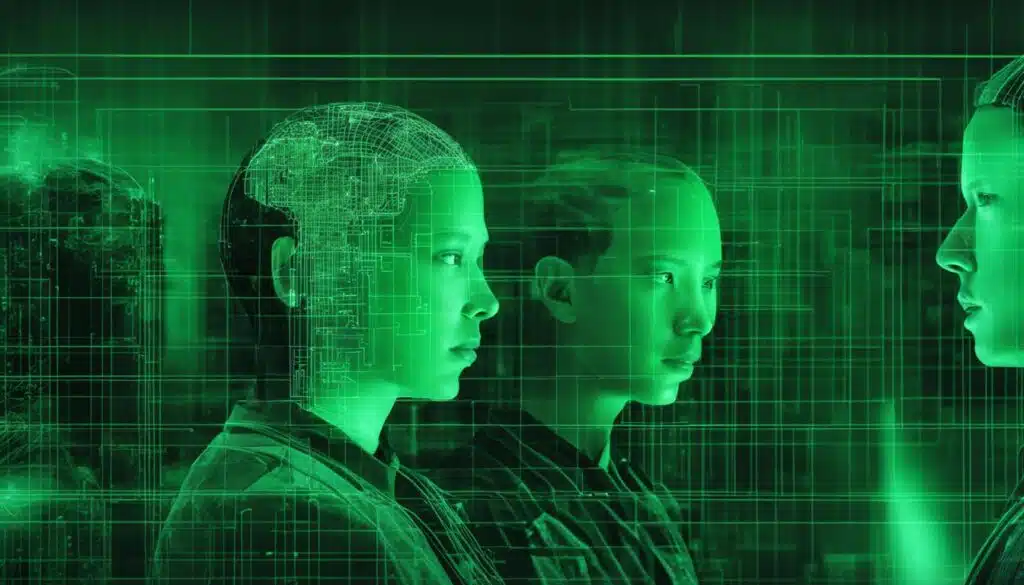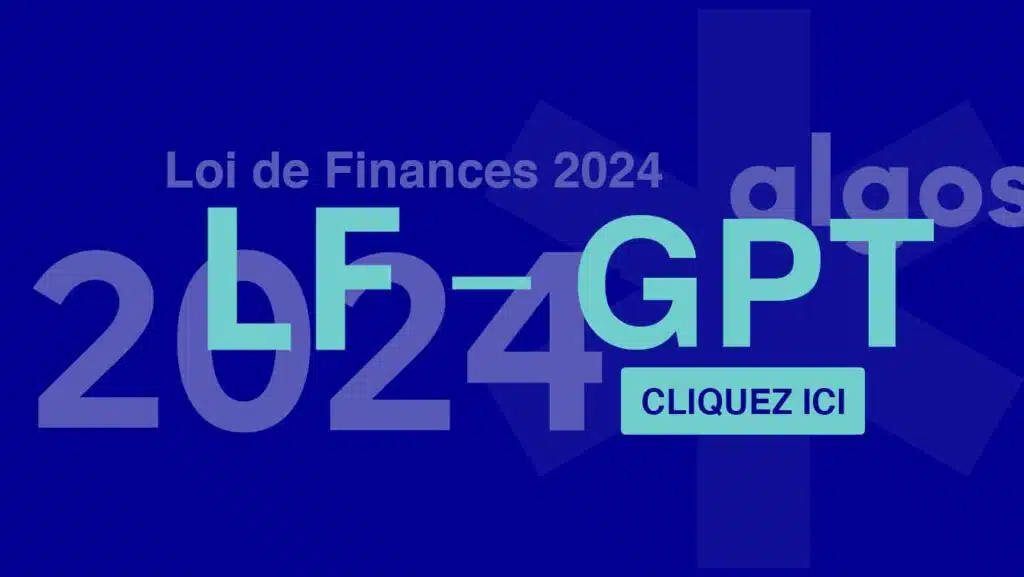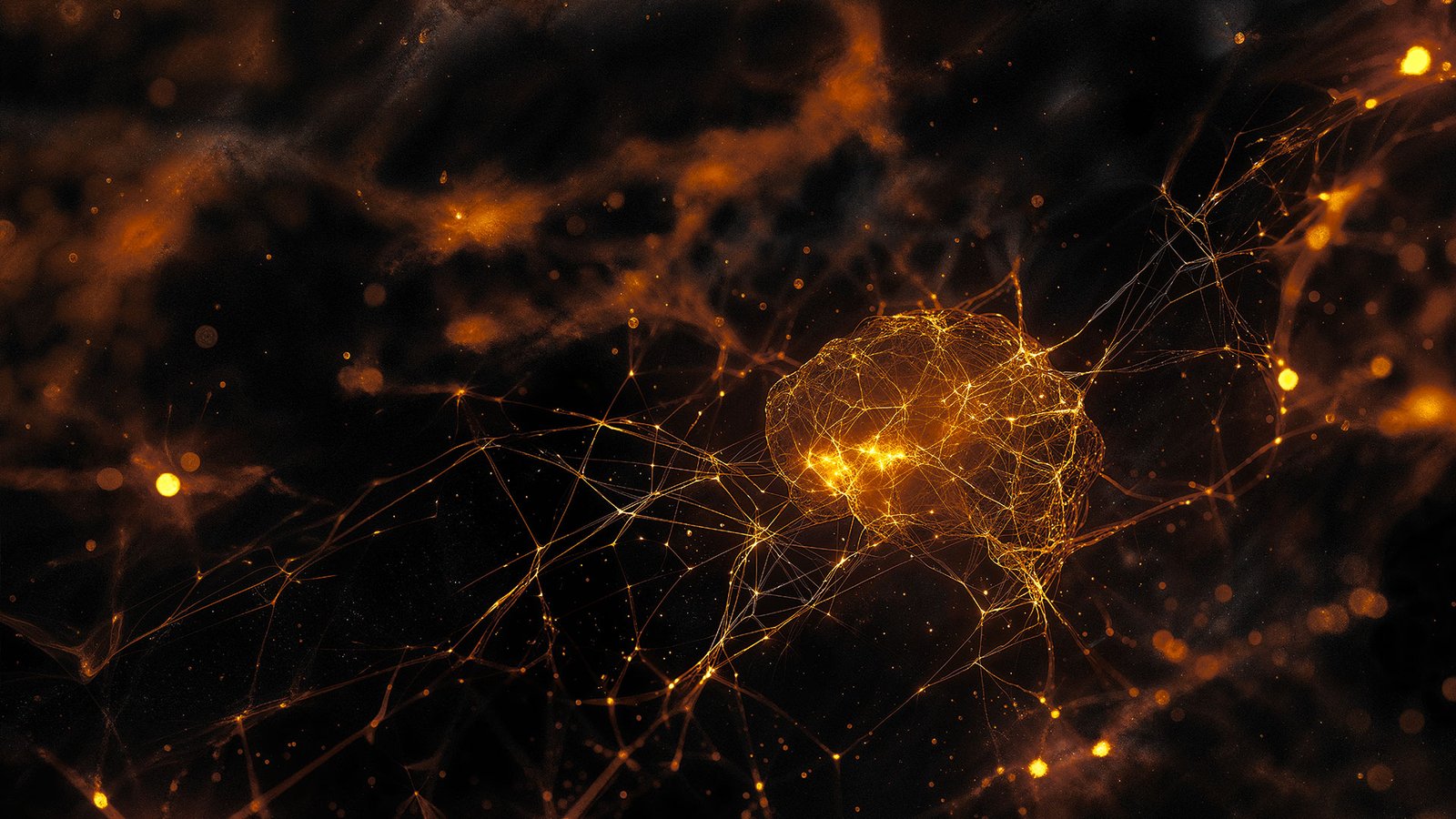Artificial intelligence (AI) is a technology that is constantly evolution which has a significant impact on many aspects of our daily lives in France. AI refers to the set of algorithms that allow machines to analyze data, make decisions and learn autonomously. It is present in various sectors such as transport, health, energy, finance and administration, and plays a key role in the transformation of our society.
The evolution of artificial intelligence has led to increasingly advanced applications. For example, it facilitates route planning and traffic management in transport, improves medical diagnosis and treatment research in the health field, optimizes energy management and consumption forecasts, and automates administrative processes for greater efficiency. AI has also paved the way for major innovations, such as the development of autonomous vehicles.
The transformation of our daily lives thanks to artificial intelligence is undeniable. However, it is important to emphasize that the AIs currently developed are still considered "weak" because they imitate human reasoning without possessing any self-awareness. Nevertheless, advances in this field promise a future where AI could reach levels of performance that are still unimaginable.
Key points to remember
- Artificial intelligence in France has evolved rapidly in many sectors, transforming our daily lives.
- It offers advanced applications in transportation, health, energy, finance and administration.
- AI makes certain tasks easier, improves diagnostics and optimizes consumption forecasts.
- Current AIs are considered “weak,” but promising advances are underway.
- Regulating the development of AI is essential to ensure ethical and responsible use.
How does deep learning work?
THE deep learning is a powerful method used in the field of artificial intelligence to train machines to recognize and interpret information from a large data set. This approach relies on neural networks artificial, which are mathematical structures inspired by the functioning of the human brain.
The process of deep learning begins with training the machine using data relevant to a specific task, such as image recognition or sounds. The machine is exposed to a large amount of examples and gradually learns to identify key patterns and features in this data.
THE neural networks Deep networks, composed of multiple layers, allow artificial intelligence to process and analyze data in a hierarchical and complex manner. Each layer of the network extracts increasingly abstract information, allowing AI to recognize and differentiate objects or sounds based on similarities in the data.
Applications of deep learning:
- Image recognition : THE deep learning is used to identify and classify objects in images, enabling the development of technologies such as facial recognition and object detection.
- Sound recognition: Using this method, artificial intelligence can learn to interpret and understand sound signals, which finds applications in areas such as speech recognition and machine translation.
In summary, deep learning is an approach to artificial intelligence based on neural networks deep. Through this deep learning, AI is able to recognize and interpret information from complex data, allowing it to perform tasks such as image recognition and sounds.
The challenges and limits of the development of artificial intelligence
Artificial intelligence (AI) has gradually invested all sectors of activity, from health to energy, finance and administration. Its development has a significant impact on the organization of work, facilitating certain repetitive and arduous tasks for humans. However, despite the disruptive innovations that she has engendered, like the autonomous vehicles, current AI is still considered “weak” because it mimics human reasoning without possessing any self-awareness.
The integration of several AI building blocks in various sectors has led to major advances, but it has also highlighted the current limitations of artificial intelligence. For example, the AIs currently being developed do not pass the Turing test, which measures their ability to imitate human thought to the point of deceiving an interlocutor. These limitations raise questions about the relevance of an AI equal to or superior to humans, as well as the ethical and legal implications of its development.
However, despite these limitations, artificial intelligence continues to evolve rapidly. Researchers are exploring new avenues to develop more advanced AI, such as general or strong AI, which would have the same intellectual capabilities as a human being and a self-awarenessThe prospect of such AI raises major issues in terms of responsibility, regulation and coexistence with humanity. It is essential to find a balance between the development of AI and the ethical and legal limits to ensure its beneficial and responsible use.
The Turing Test
The Turing test, developed by Alan Turing in the 1950s, is a way to determine whether a machine can hold a conversation with a human being without being distinguished as a machine. This test consists of evaluating the ability of artificial intelligence to imitate human thought and perception. If the machine manages to deceive the human interlocutor by pretending to be a human being, the test is considered successful.
The Turing Test is based on the idea that if a machine can communicate indistinguishably from a human, then it demonstrates some form of intelligence. The goal is to determine whether the AI is able to understand and respond coherently to questions posed by a human interlocutor. If the machine can convince the interlocutor that it is a human for an extended period of time, it is considered to have passed the test. Turing test.
The Turing Test is used as a way to assess the capabilities of AIs and measure their progress in understanding and interacting with humans. This test raises fundamental questions about the nature of intelligence and the ability of machines to imitate and understand human thought. It remains a topic of research and debate in the field of artificial intelligence.
The Turing Test in a nutshell:
- Developed by Alan Turing in the 50s
- Objective: To assess whether a machine can imitate human thought
- Test based on communication and the ability to deceive a human interlocutor
- Used to assess AI capabilities and measure their progress
Towards an artificial intelligence equal to or superior to humans?
Some researchers are wondering about the possibility of developing a artificial intelligence (AI) that would be equal or even superior to human intelligence. This would be a General AI, capable of performing any cognitive task with the same efficiency as human beings. The idea of a Strong AI, endowed with self-awareness and feelings, arouses passionate debates about its possibilities and limits.
However, creating a Strong AI also raises complex ethical and legal questions. If an AI were to develop an awareness of its superiority, how would this affect our relationship with technology and humanity itself? What would be the legal responsibilities in the event of problematic behavior by AI? These ethical and legislative issues require careful consideration and adequate regulation of AI development.
The ethical and legal limits of AI
- The question of self-awareness: A Strong AI could challenge our own conception of consciousness and identity. How do we define consciousness in a machine and how do we ensure that it does not exceed certain ethical limits?
- Legal liability: If an AI performs harmful or illegal actions, who would be held responsible? Current laws are not adequate to deal with such situations and new legislation should be put in place to regulate AI behavior.
- Data protection: AIs need large amounts of data to learn and make decisions. This raises legitimate concerns about privacy and the protection of personal data.
It is crucial to take into account these ethical and legal limits in the development of AI in order to ensure its responsible use and in accordance with societal values. The legislative framework of AI is a major issue to guarantee its safety and compliance with ethical standards.
Cybersecurity and artificial intelligence
Artificial intelligence (AI) presents many opportunities, but it also creates challenges in terms of cybersecurity. Software-based AIs are potentially vulnerable to cyber attacks, which raises major concerns about their security and data protection.
THE cyber attacks can take different forms, such as denial of service (DoS) attacks, phishing attacks or malware attacks. These attacks can compromise the integrity, confidentiality and availability of AI systems, leading to serious consequences for users and organizations.
Cybersecurity challenges for AI:
- Protecting sensitive data: AIs often handle personal and confidential data, making them prime targets for cybercriminals. It is essential to implement robust security measures to prevent data leaks.
- Manipulation of AI models: Cyber attackers could attempt to modify AI models to induce false or malicious results. This can have serious consequences in critical areas such as medicine or finance.
- Protecting AI Infrastructure: AI systems are often deployed in cloud environments or on connected networks, which exposes them to hacking and intrusion risks. Properly securing these infrastructures is essential to ensure their proper functioning.
To address these challenges, it is essential to strengthen the cybersecurity AI. This involves implementing protective measures such as strong authentication, data encryption, intrusion detection and vulnerability management. It is also essential to raise awareness among users and developers about the importance of cybersecurity and to train experts capable of designing AI systems that are resilient to attacks.
In conclusion, cybersecurity is a major issue in the development and use of artificial intelligence. Protecting data and AI systems is essential to ensure their security and prevent risks related to cyber attacks. It is therefore imperative to pay particular attention to cybersecurity when deploying AI, in order to ensure its reliability and trust.
Artificial intelligence and the factory of the future
Artificial intelligence (AI) plays a vital role in the factory transformation of the future. Thanks to the robotics and AI technologies, factories are becoming increasingly automated and intelligent. These advances help improve production efficiency, reduce costs, and minimize risks to workers. robotics provides the opportunity to perform arduous and dangerous tasks, which contributes to the creation of new positions in the design, maintenance and operation of intelligent robots.
Thanks to AI, the factory of the future is also able to manage resources efficiently. AI systems can monitor production, electricity and raw material consumption in real time, which helps optimize the use of these resources. This more precise and efficient management of resources helps reduce waste and adopt more environmentally responsible production practices.
The benefits of artificial intelligence in the factory of the future:
- Automation of arduous and dangerous tasks
- Improved efficiency and productivity
- Creation of new positions in the design, maintenance and operation of intelligent robots
- More precise and efficient resource management
- Reduction of production costs
In conclusion, artificial intelligence plays a key role in the factory transformation of the future. Thanks to the robotics and AI technologies, factories are becoming more automated, intelligent and responsible. AI enables the automation of difficult tasks, which contributes to the creation of new positions in related fields. In addition, efficient resource management through AI helps reduce production costs and adopt more environmentally responsible practices.
History of artificial intelligence
The history of artificial intelligence goes back several decades. origins of AI date back to 1943, when Warren McCulloch and Walter Pitts published a paper presenting the first mathematical model for creating a neural network. However, it was not until 1950 that the mathematician Alan Turing proposed the famous Turing test, which assesses whether a machine can convincingly imitate human thought. This test was an important milestone in the development of AI and continues to be used today to evaluate the performance of AI systems.
AI applications range from virtual assistants to recommendation algorithms to fraud detection and medical diagnosis. These different forms of AI can automate tasks, improve decision-making and optimize processes in many areas. However, it is important to keep in mind that despite technological advances, AI remains a tool developed by humans and cannot completely replace human cognitive and emotional abilities.
In the next section, we will explore the challenges and limitations of developing artificial intelligence in different sectors of activity.
Conclusion
Artificial intelligence has experienced a evolution remarkable over the years, revolutionizing many sectors of activity such as medicine, science, finance and automotive. Thanks to its data analysis and decision-making capabilities, it offers concrete applications that make our daily lives easier.
However, this technological advance raises fundamental ethical questions and highlights the potential dangers it may pose to humanity. Regulatory measures are essential to ensure that artificial intelligence is used responsibly and ethically.
In conclusion, the evolution of artificial intelligence has opened new perspectives and has the potential to radically transform our society. Its application in different fields offers opportunities for improvement, but it is essential to remain vigilant about its use in order to prevent any abuse and ensure a harmonious coexistence between man and machine.
FAQ
What is Artificial Intelligence (AI)?
Artificial intelligence is a set of algorithms that allows a machine to analyze data and make decisions based on that data.
In which sectors is AI present in France?
AI is present in many sectors such as transportation, healthcare, energy, finance and administration.
What impact does AI have on the organization of work?
AI makes certain repetitive and tedious tasks easier, which has a positive impact on the organization of work.
What is deep learning?
Deep learning is a method used in AI that involves training a machine from a large amount of data to enable it to recognize and differentiate objects or sounds.
What is the Turing Test?
The Turing Test is used to evaluate AI and consists of determining whether a machine can sustain a conversation with a human being by imitating human thought.
What are the different types of artificial intelligence?
Researchers distinguish three types of AI: general AI, strong AI, and weak AI. General AI is capable of performing any cognitive task, strong AI is said to be self-aware, and weak AI is specialized in a single task.
What are the cybersecurity challenges for AI?
Software-based AIs are potentially vulnerable to cyberattacks, so improving AI cybersecurity is essential to ensure their safety and democratization.
How is AI transforming the factory of the future?
AI assists humans in difficult and dangerous tasks, creating new jobs in the design, maintenance and operation of intelligent robots. It also enables more responsible and resource-efficient production.
What is the history of artificial intelligence?
The history of AI dates back to 1943 with the publication of the first mathematical model for creating a neural network. Since then, many events have marked its evolution.
What is the conclusion on artificial intelligence?
Artificial intelligence has undergone a major evolution and impacts many sectors of activity. It provides a service to humanity but also raises ethical questions and potentially dangers for humanity, requiring regulation of its development.








